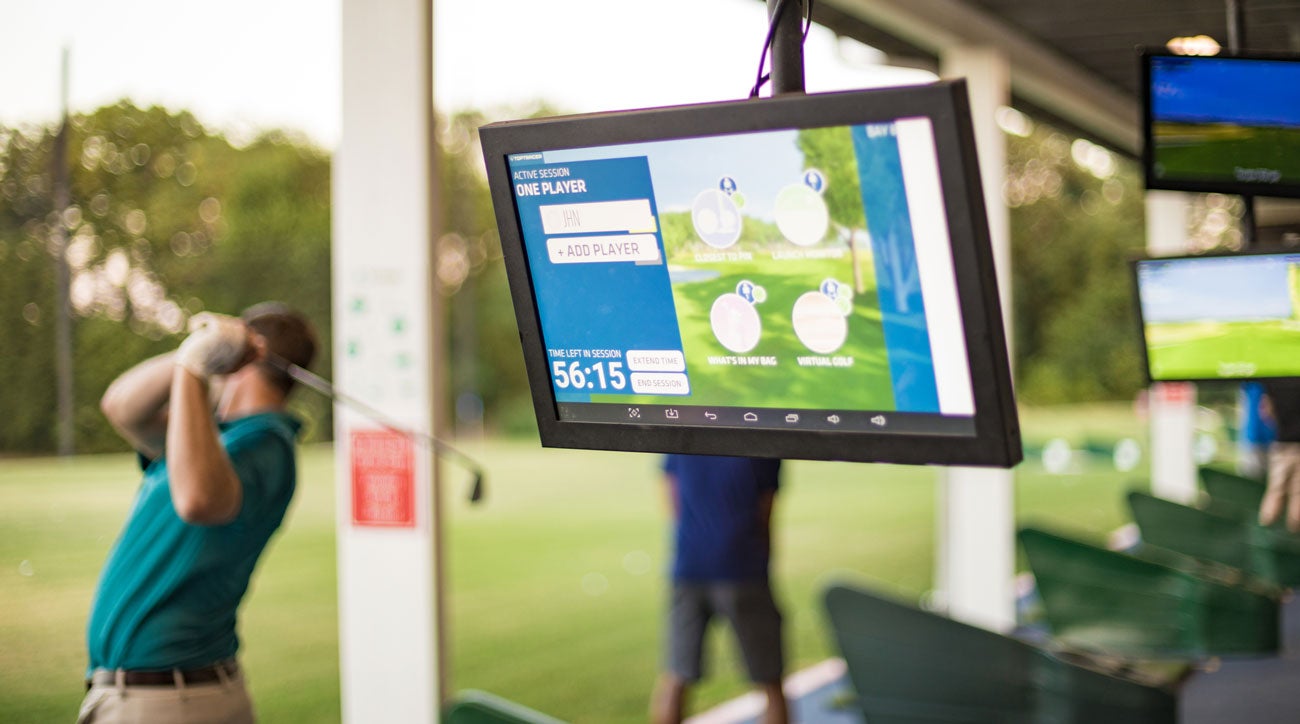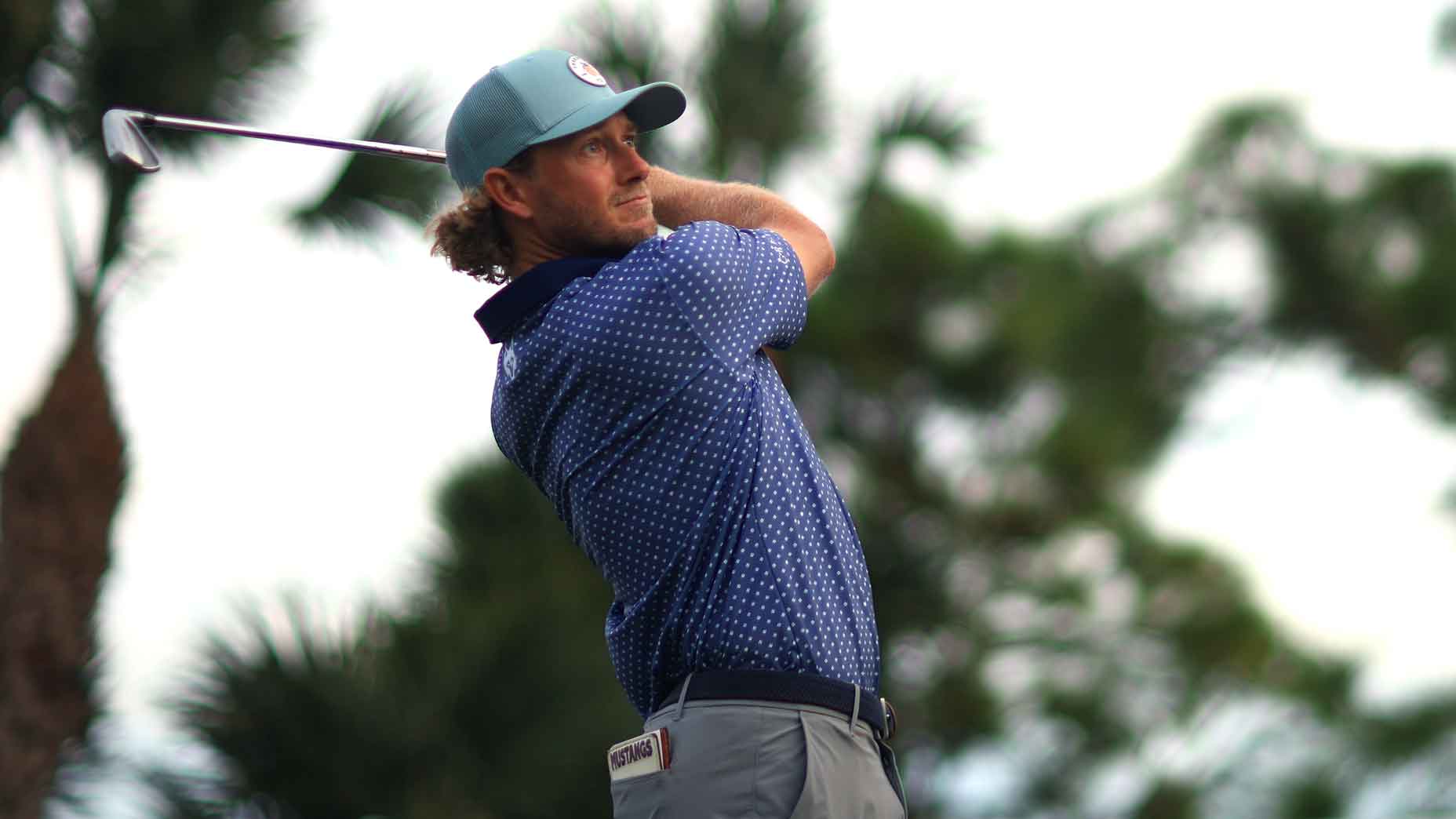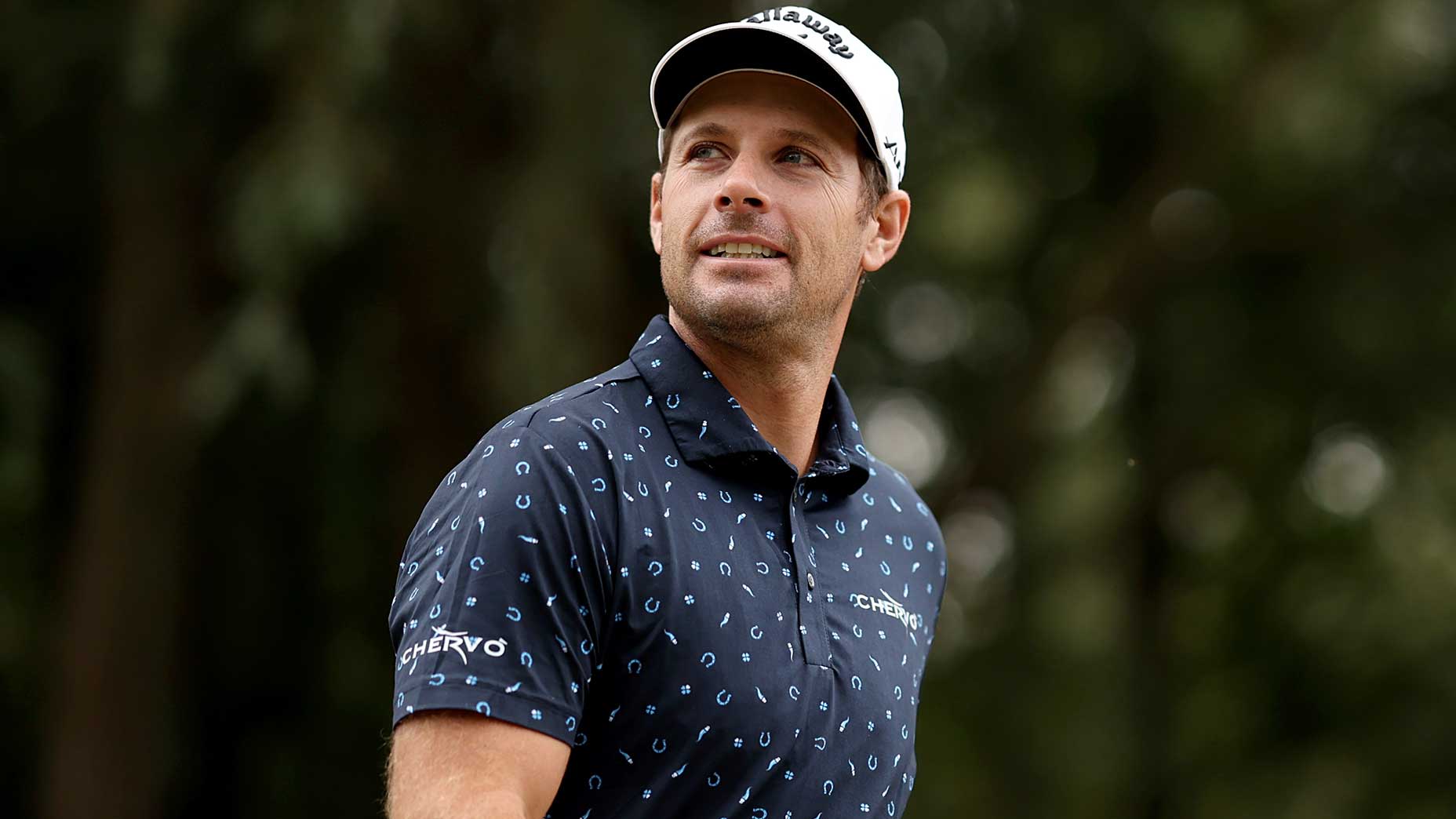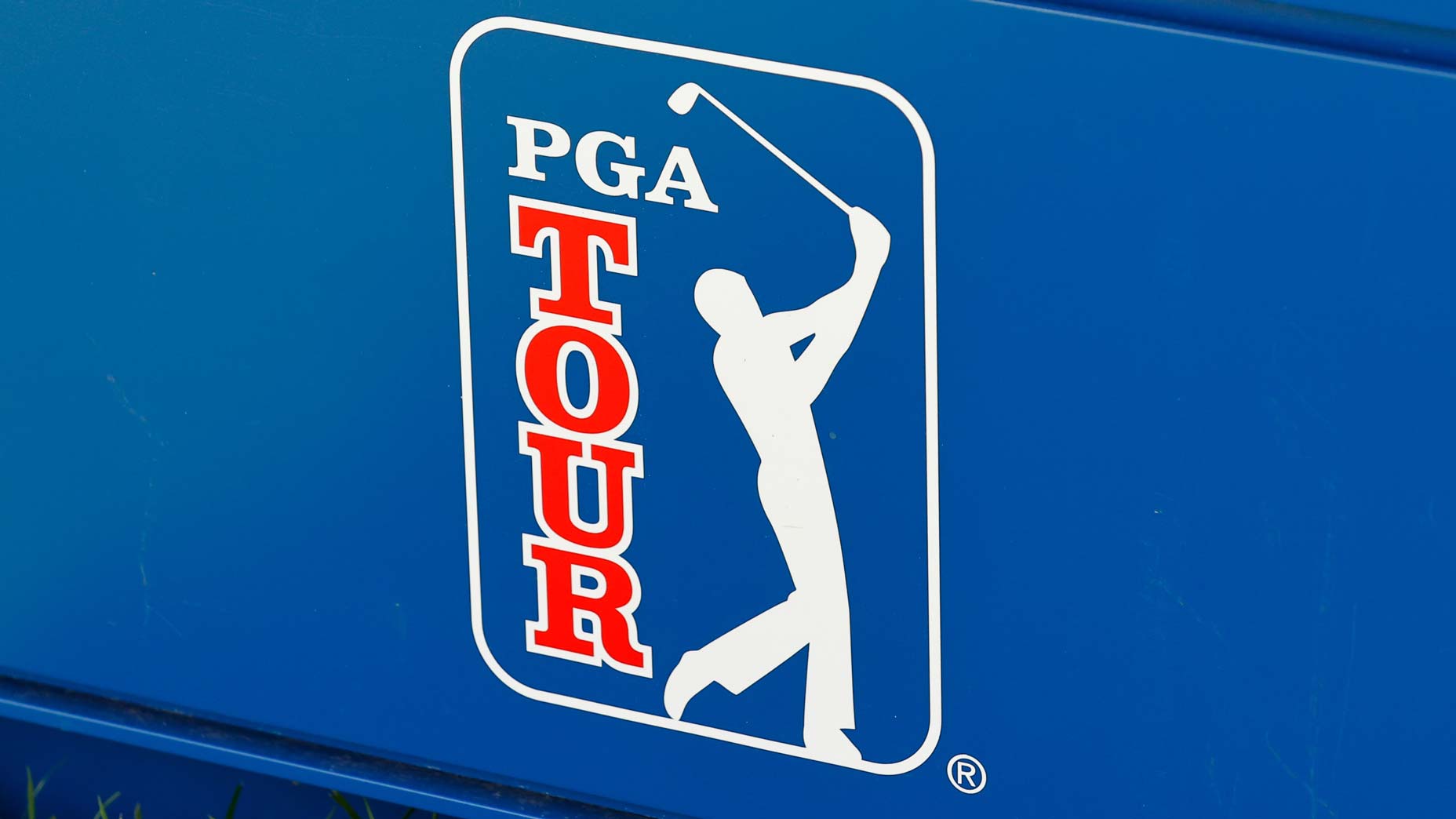In the not-so-distant future, your local driving range may no longer be a place where you buy a bucket, retreat to a bay and bang balls by your lonesome until the balls are gone. It may be a destination where you hang out with your buddies, eating, drinking and listening to music while smacking shots under the watch of ball-tracking cameras, in the glow of on-screen graphics that display results of games you play against your friends.
In short, your driving range may look something like a Topgolf.
At least, Topgolf is working hard to make it so.
Having colonized the space where golf and entertainment meet with its own quickly multiplying venues (there are now 44 Topgolf locations in the United States and the United Kingdom, and counting), the Dallas-based company has broadened its ambitions: It wants to revolutionize the practice grounds next door.
“A traditional driving range is essentially an empty field where people hit balls,” says Ani Mehta, vice president of corporate development for Topgolf Entertainment Group. “That’s fun for serious golfers like you and me, but as we know, that demographic is steady if not shrinking. For other people, the traditional driving range is not an especially good experience and it’s certainly not a great gathering place. That is what we would like to change.”
Key to that effort is Toptracer Range, a camera-based shot-tracking system that may sound familiar; CBS just started using Toptracer for PGA Tour broadcasts.
Topgolf is now supplying that system to driving ranges, a high-tech bundle of cameras, screens and software designed to turn a hitting bay into something more.
Along with tracking and displaying shot-shape, Toptracer Range captures a host of data, including distance, ball speed and launch angle. Serious golfers can get wonky. Less serious golfers can laugh it up while competing in skills games, or playing virtual golf on simulated courses.

In the coming years, Topgolf hopes to install Toptracer Range in thousands of facilities around the world.
The goal is not to replicate the Topgolf experience. Not exactly. Unlike Topgolf facilities, which rely on limited-flight balls with microchips embedded in them, Toptracer systems work with ordinary golf balls—a key distinction for golfers who are out to work on their games.
The aim is to find a happy medium between the rollicking good times of a Topgolf and the old-school solemnity of your grandpa’s driving range.
“If you think of the spectrum of golf facilities, on the one side you have traditional driving ranges and the traditional audience they attract,” Mehta says. “On the other, you have Topgolf, these fully gameified venues that draw demographics which are pretty much unrecognizable to traditional golf markets. The idea here is to satisfy something in between.”
Topgolf is not the only company with this vision. FlyingTee, a golf and entertainment venue based in Jenks, Okla., recently unveiled Flite, a bundle of technology and services designed to generate a similar kind of range-of-the-future fun.
Since last year, when Topgolf began offering Toptracer Range to driving ranges in this country, eight practice facilities here have adopted it. A glance at the numbers shows ample room for growth. There are roughly 900 independent driving ranges in this country, according to the National Golf Foundation, along with 15,000 golf courses, many of which have ranges of their own. An even larger market lies overseas, with 4,500 stand-alone driving ranges in Japan and Korea alone.
In anticipation of going global, Topgolf is developing localized versions of Toptracer Range, translated into other languages, with graphics and games adapted to different cultures. (One game in development—taking aim at a virtual range-picker — sounds like it ought to be a hit among golfers of all stripes, everywhere.)
Installation of Toptracer Range is free. Topgolf makes its money by leasing the equipment. For range operators, the costs pencil out to roughly $225 per bay, per month. Though bays equipped with Toptracer have been shown to generate nearly double the revenue of bays without it, selling the idea isn’t always easy—not in an industry that’s widely set in its ways.
[image:14070989]
“One of the big challenges is, how do you get someone to change the way they think?” Mehta says. “Many driving range operators have spent so much time thinking about how to sell balls. We’re trying to get them to sell an experience.”
Among the early adopters is Matt Clay, a golf instructor and general manager at Del Mar Golf Center, just north of San Diego. The facility has Toptracer in six of its 72 bays, which Clay rents out at $25 per hour, for up to four people. The price includes a $12 bucket of balls.
Since installing Toptracer last year, Clay says revenue is up. So is the energy around the range. New clientele are coming, and staying longer, so food and beverage sales have increased as well. To flesh out the offerings, Clay recently acquired an alcohol license, which dovetails nicely with the new experiences at his range.
“The decision really came down to what most of us already know—the numbers in golf don’t show an increase, but at the same time, our costs keep going up,” Clay says. “In general, people have less free time. Around here, we’re competing with the beach, movie, Legoland, you name it, and the traditional range experience just wasn’t giving a family or a group of three or four people the same opportunity to interact.”






